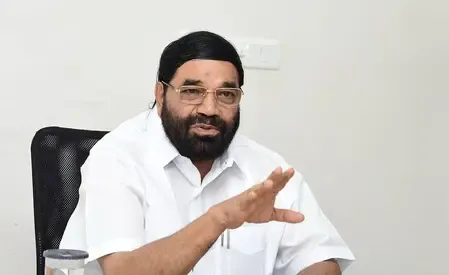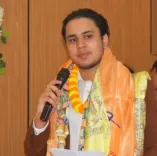Is the Supreme Court Too Chief Justice-Centric? Justice Abhay S. Oka Thinks So!

Synopsis
Key Takeaways
- Change is needed in the Chief Justice-centric structure of the Supreme Court.
- The Supreme Court must reflect diversity in its operations.
- Transparency in judicial processes is crucial.
- AI can improve case management and efficiency.
- Judgeship offers profound satisfaction beyond financial rewards.
New Delhi, May 23 (NationPress) Supreme Court Justice Abhay S. Oka, in his farewell address on Friday at an event hosted by the Supreme Court Bar Association, emphasized that the highest court is overly Chief Justice-centric and that it is time for transformation.
Justice Oka, who will retire on Saturday, remarked that the diversity within the Supreme Court, consisting of 34 judges from various regions, should be mirrored in its operations.
He commended former Chief Justice Sanjiv Khanna for his commitment to transparency, noting that he made decisions after consulting with all stakeholders.
Justice Oka expressed confidence in the current Chief Justice BR Gavai, stating that he embodies democratic values.
In his remarks, Justice Oka proposed utilizing Artificial Intelligence (AI) in the case listing process, arguing that enhanced efficiency cannot be achieved without minimizing manual intervention.
Having dedicated nearly 22 years to the judiciary, Justice Oka reflected on how deeply he engaged with his judicial responsibilities, stating that judgeship became intertwined with his life.
He acknowledged that while the income as a judge does not match that of practicing lawyers, the satisfaction derived from the role is incomparable.
"Being a judge is a profound concept. As a lawyer, you face numerous constraints, but as a judge, your only guidance comes from the Constitution, the laws, and your own conscience," Justice Oka remarked.
During his farewell, he honored the sacrifices of his family, particularly his father, who left his civil practice at the Bombay High Court when Justice Oka ascended to the Bench. He asserted that district courts or trial courts should not be labeled as subordinate.
"No court is subordinate. Referring to any court as subordinate contradicts our constitutional principles," he asserted.










